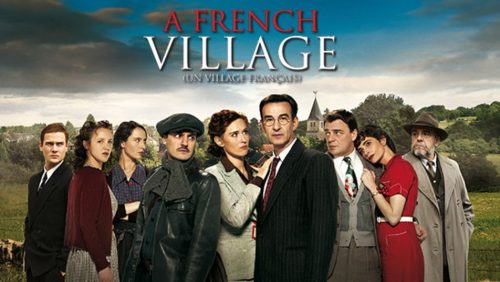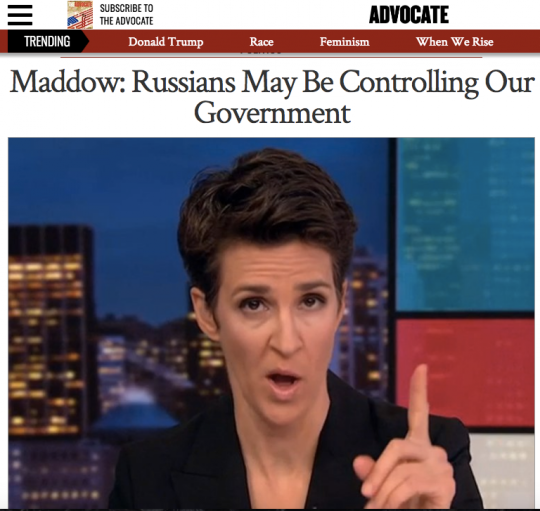
I’ve previously mentioned this series, set in the (fictional) French town of Villeneuve during the years of the German occupation and afterwards. It is simply outstanding one of the best television series I have ever seen. The program ran from 2009-207 on French TV, and all the seasons are now available in the US, with subtitles. Having now watched the whole thing, my very positive opinion of the series is sustained.
Daniel Larcher is a physician who also serves as deputy mayor, a largely honorary position. When the regular mayor disappears after the German invasion, Daniel finds himself mayor for real. His wife Hortense, a selfish and emotionally-shallow woman, is the opposite of helpful to Daniel in his efforts to protect the people of Villaneuve from the worst effects of the occupation while still carrying on his medical practice. Daniel’s immediate superior in his role as mayor is Deputy Prefect Servier, a bureaucrat mainly concerned about his career and about ensuring that everything is done according to proper legal form.
The program is ‘about’ the intersection of ultimate things…the darkest evil, the most stellar heroism….with the ‘dailyness’ of ordinary life, and about the human dilemmas that exist at this intersection. Should Daniel have taken the job of mayor in the first place?…When is it allowable to collaborate with evil, to at least some degree, in the hope of minimizing the damage? Which people will go along, which will resist, which will take advantage? When is violent resistance…for example, the killing by the emerging Resistance of a more or less random German officer…justified, when it will lead to violent retaliation such as the taking and execution of hostages?
Arthur Koestler has written about ‘the tragic and the trivial planes’ of life. As explained by his friend, the writer and fighter pilot Richard Hillary:
“K has a theory for this. He believes there are two planes of existence which he calls vie tragique and vie triviale. Usually we move on the trivial plane, but occasionally in moments of elation or danger, we find ourselves transferred to the plane of the vie tragique, with its non-commonsense, cosmic perspective. When we are on the trivial plane, the realities of the other appear as nonsenseas overstrung nerves and so on. When we live on the tragic plane, the realities of the other are shallow, frivolous, frivolous, trifling. But in exceptional circumstances, for instance if someone has to live through a long stretch of time in physical danger, one is placed, as it were, on the intersection line of the two planes; a curious situation which is a kind of tightrope-walking on one’s nerves…I think he is right.”
In this series, the Tragic and the Trivial planes co-exist…day-to-day life intermingles with world-historical events. And the smallness of the stage…the confinement of the action to a single small village….works well dramatically, for the same reason that (as I have argued previously) stories set on shipboard can be very effective.
Read more

